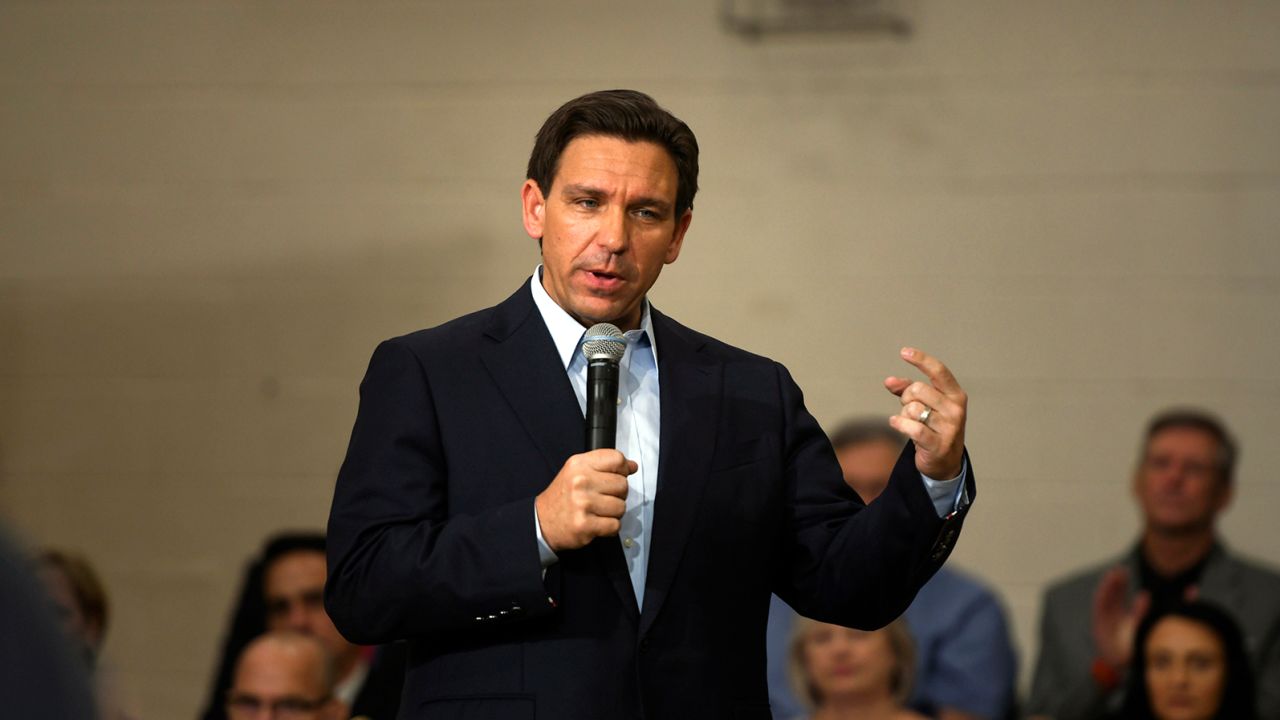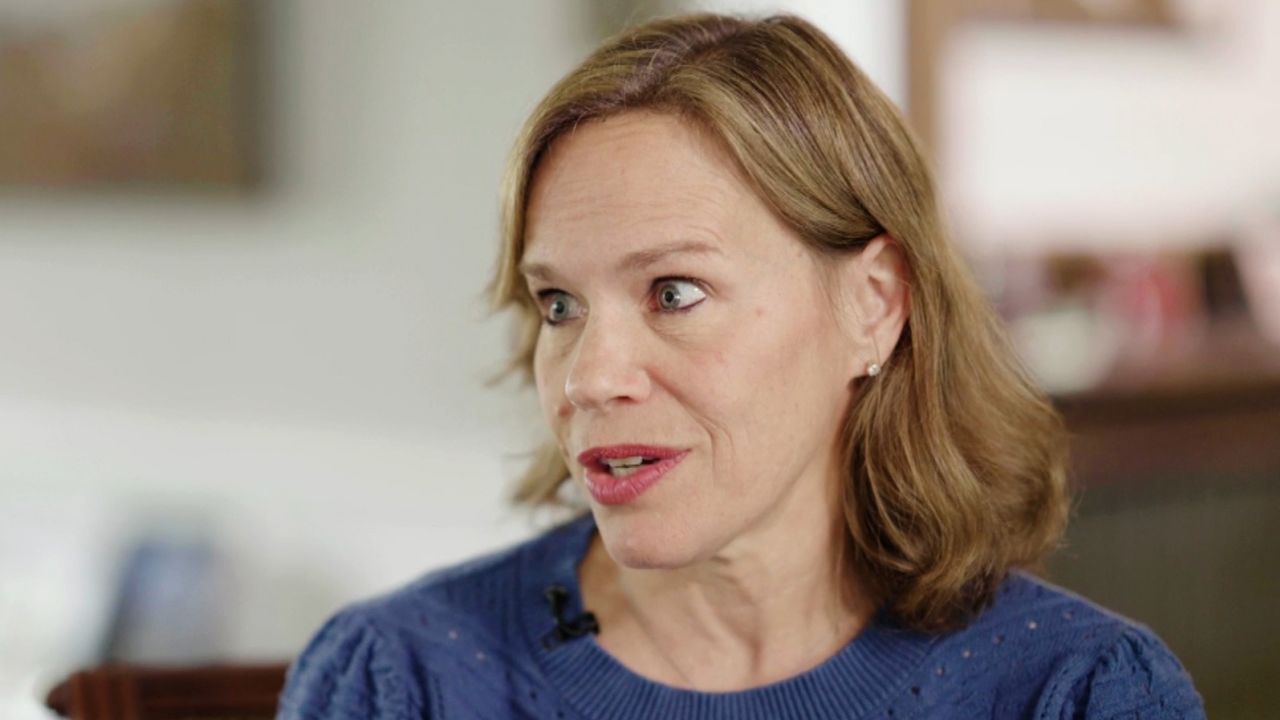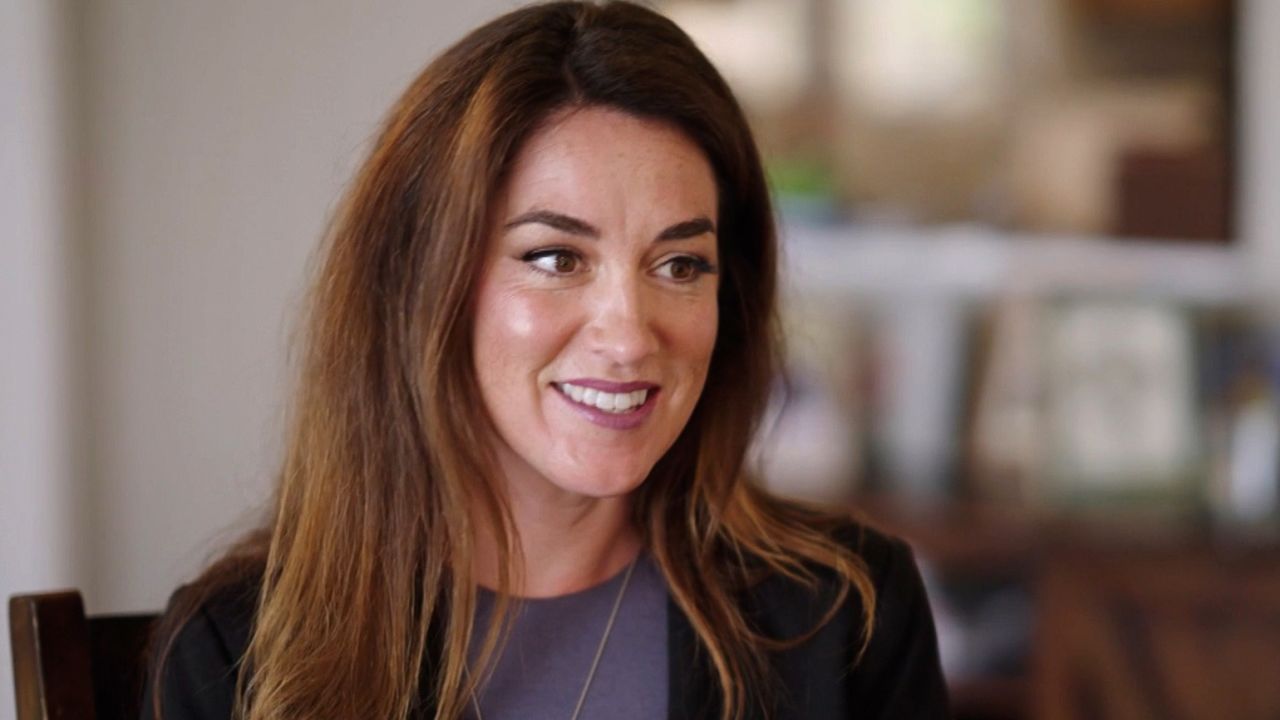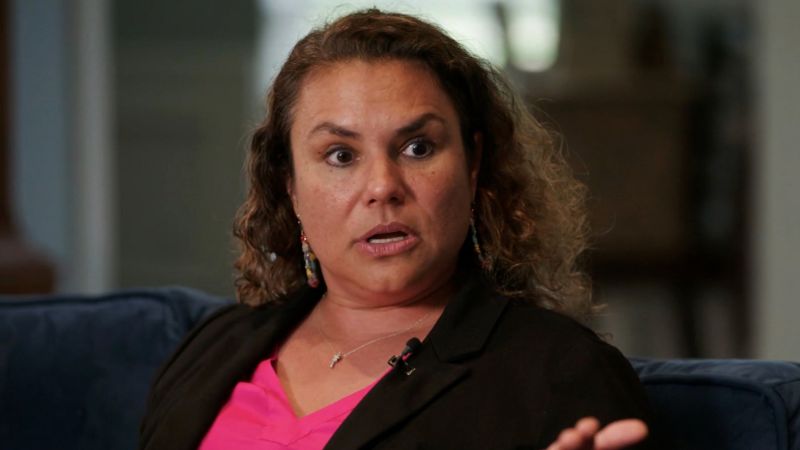Like many Americans, when Vanessa Steinkamp was stuck inside early in the Covid-19 pandemic, she logged into Twitter to talk to the outside world. The teacher and mother of three schoolchildren in Dallas was worried that closed classrooms would hurt kids, particularly the most vulnerable students who needed the special resources that schools provide. Calling for children to go back to in-person learning earned her a lot of backlash, but she also befriended likeminded moms.
When Florida Gov. Ron DeSantis pressed public schools to reopen in the summer of 2020, he became their hero.
These women built an informal network of overlapping chatgroups across several states, many of them outside Florida. They had a mix of political views, from liberal to conservative, and were brought together by frustrations with a Covid response that they felt left opening schools a low priority.
College-educated and affluent, the mothers are the kinds of voters seen as critical to both political parties in swing districts and states, and one of the voting groups among whom former President Donald Trump and Republicans underperformed in both 2020 and 2022.
They’re the kinds of voters DeSantis hopes can drive him to victory in a general election if he can overcome Trump to secure the GOP nomination – and appealing to them is a key part of his case in the primary.
One of Steinkamp’s first Twitter friends was Jennifer Sey, then an executive at Levi’s. In 2022, Sey said the company pressured her to stop tweeting about opening schools and playgrounds, and when she refused, she said, she was pushed out of her job as brand president. Levi’s disputed her account, telling The New York Times it supported Sey’s advocacy on schools but her comments “went far beyond calling for schools to reopen, and frequently used her platform to criticize public health guidelines and denounce elected officials and government scientists.”

Another Twitter friend was so infuriated when she saw a local school board member’s campaign fliers in San Diego that touted the decision to keep schools closed that she called a real estate agent in Florida and eventually moved to Tampa. She did not want to use her name because she said she feared backlash at work, but she did send CNN photos of the fliers.
Julie Hamill, a lawyer near Los Angeles, was a later addition to the group. She, too, was furious about the actions of her local public health department and school board. But her husband didn’t want to leave California, so last year Hamill ran for school board and won.
I first spoke to Steinkamp in the spring of 2021 while reporting a story on how Covid had changed the real estate market in Texas. But it was her appreciation of the then first-term Florida governor that stuck with me.
“If DeSantis were to run tomorrow, he would win,” she said then. “All he has to do is run on opening schools.”
Her friends told CNN recently they’d felt the same way – they’d joked about “Daddy DeSantis” and “Freedom Daddy.” His early advocacy for open schools, Sey said, was “pretty heroic.”
Their fangirl vibe was tongue-in-cheek, but also spoke to their situation. Hamill said: “We’re like desperate women who … had tried everything that we could do in our own power in our own communities, and we weren’t getting anywhere.”
DeSantis pressured school districts to open in August 2020, earlier than most places in the US. But many European countries opened schools in April and May of 2020. “Children don’t generally infect adults,” a health official in Finland said in May 2020, explaining his country’s decision to reopen schools. (At the time, there was conflicting research on the role kids played in spreading the virus.) As CNN reported in January 2021, “in Europe, shutting schools is widely seen as a last resort.” Recent research has shown kids fell back in their learning during the pandemic. American fourth- and eighth-graders, for example, showed the largest declines in math scores since the Education Department’s National Center for Education Statistics began keeping track in 1990.
DeSantis’ actions gained him a bigger national platform during the pandemic, which he’s used to launch his presidential bid. He’s campaigning on his Covid record, but also the idea that Florida is “where woke goes to die.”

Steinkamp has been a Republican all her life, though she said she has never liked Trump. Sey, the former Levi’s executive, had been a leftist Democrat until her Covid experience, she said, but she’s also open to DeSantis’ “war on woke.” She told CNN, “I think, to some extent, he’s got a point. It’s a movement that demands conformity and sees every sort of problem the world faces through this lens of kind of hierarchical oppression.”
Sey, who now says she’s a “disaffected leftist,” said, “My issue with woke capitalism, in particular, is that it’s hypocritical, and it’s a lie. … I would much rather companies focus on treat treating employees with fairness, paying them well, treating women well – not harassing them – than do these fake campaigns while the leaders take all the money for themselves and obscure their greed with woke washing.”
Even so, Sey said, she thought DeSantis’ campaigning against wokeness was “a little bit” of a distraction from the policies that made her like him in the first place. She thought the governor’s fight with Disney was unnecessary. “There’s some truth to what he’s saying about woke ideology being corrosive and conformist and authoritarian in some ways. I just don’t think you should counter that with more authoritarianism,” she said.

Hamill, the lawyer in LA, said she had voted for Barack Obama twice, Hillary Clinton and Joe Biden for president. She is open to voting for DeSantis but is concerned about some of his policies.
She said she considered herself socially liberal but suffered backlash when she called for schools to be open. “I was demonized for expressing these feelings. And meanwhile, Ron DeSantis in Florida is saying everything that I was desperately wanting to hear from my own elected representatives.”
The women don’t always agree on politics: Steinkamp is against abortion, while Sey and Hamill are for women having the right to the procedure. But all three think Florida’s new ban on abortion after six weeks is a blot on their favorite governor’s record. “That’s dangerous,” Hamill said. “That’s something that I cannot get behind. And I don’t think that’s going to bode well for his presidential campaign. I think that that might be a real impediment to bringing in moderate women.”
With none of them living in Florida, the women have not had an opportunity to vote for DeSantis yet. And it’s too early to know if their Covid-era infatuation will become more.
They all despair at the thought that the 2024 election will be a rematch between Biden and Trump. If those were her two choices, Steinkamp said, she’d go for a third option: “Jump in my swimming pool and drown myself.”
Read the full article here





